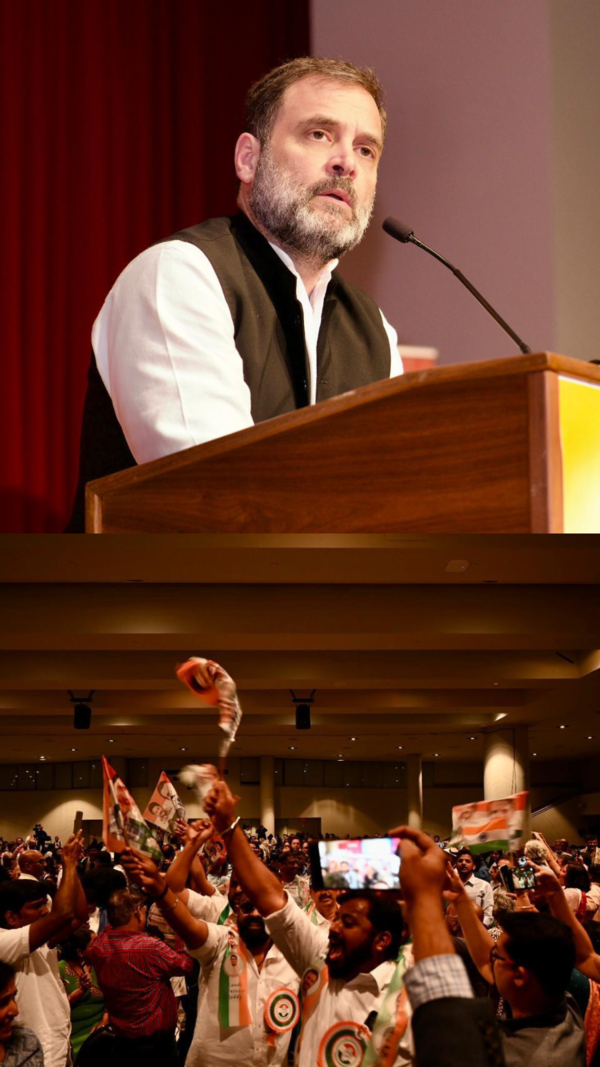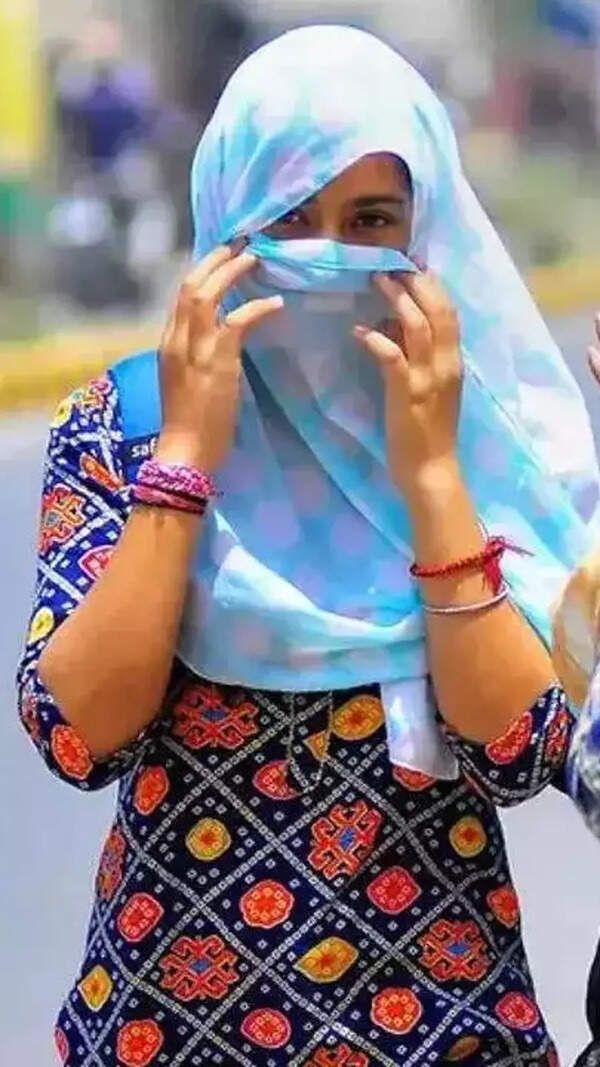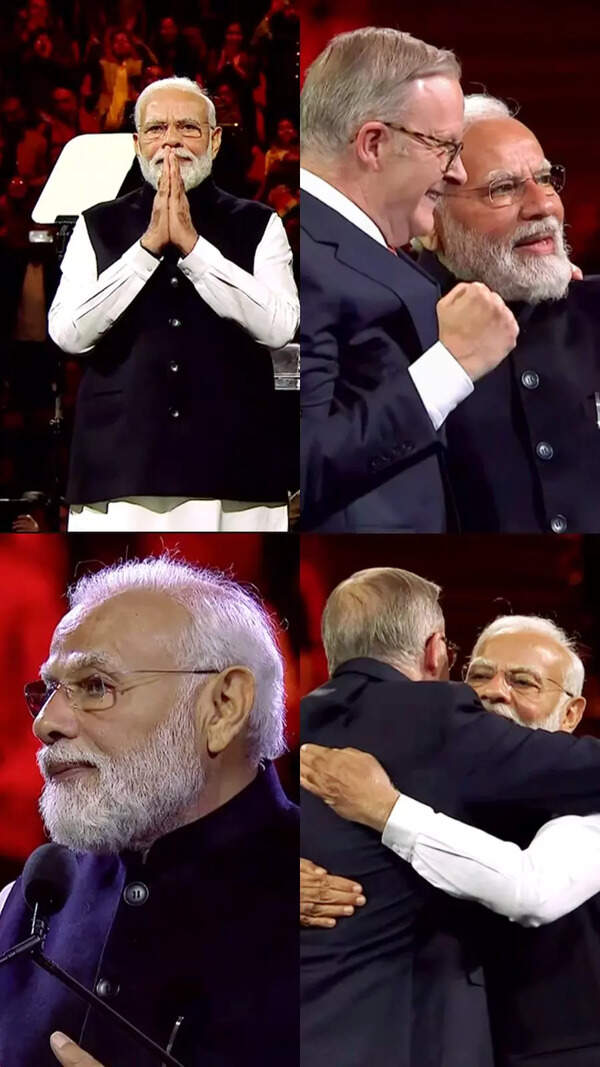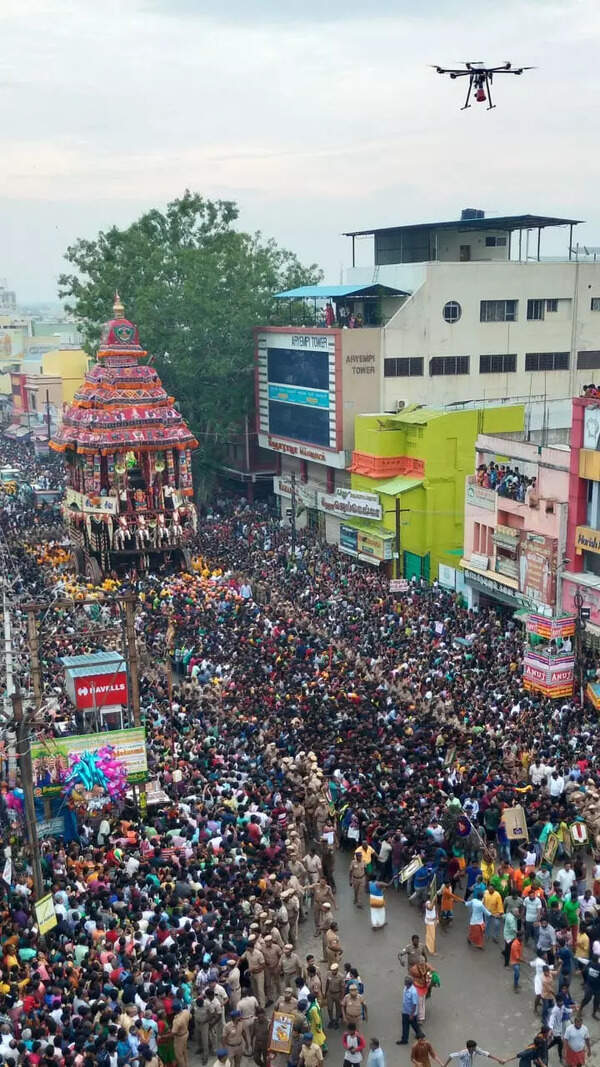- News
- City News
- lucknow News
- Now, know your haemoglobin level in 30 seconds for just Rs 10
Trending Topics
Now, know your haemoglobin level in 30 seconds for just Rs 10
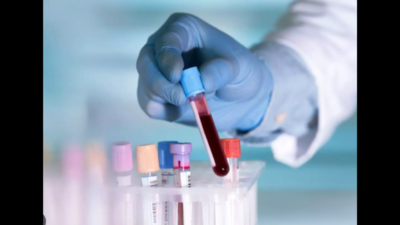
Representative image
LUCKNOW: Soon you will be able to check your haemoglobin levels in less than a minute by investing just Rs 10.
The CSIR-Indian Institute of Toxicology Research's (IITR) has come up with an indigenous innovative rapid haemoglobin detection test kit called 'SenzHb', a paper-based kit that gives results in just 30 seconds.
It was launched by special secretary and additional commissioner, food security drug administration Divyanshu Patel and former chairperson FSSAI Rita Teotia during the World Food Safety Day celebrations on Wednesday.
"As compared to testing facilities available in the market, SenzHb is economical and easy to use," said IITR scientists.
They said the traditional methods for getting haemoglobin checked involve sophisticated instruments and clinical laboratory settings that are often unavailable in remote/rural areas.
"This paper-based, colorimetric strip-type sensor of SenzHb addresses these challenges by providing a rapid and reliable haemoglobin assay," they added.
All one needs to do is prick with the help of a needle that comes with the strip, drop blood on the strip and as soon the strip colour changes match it with the 'changed colour guidelines' given along with the kit. The results can help one know if he or she is anaemic or not. Similar kit available in market are not just high priced, but don't offer accurate results and are not 'made in India'.
"Also, this kit incorporates a QR code that provides detailed instructions for conducting the test in eight languages. The QR code also includes a color chart, further simplifying the interpretation of results," they said.
IITR scientists team said to ensure the accuracy and reliability of SenzHb extensive validation has been conducted. It is a point-of-care test (POCT) kit that can be used by healthcare workers, even in the absence of advanced laboratory facilities. Its simplicity and user-friendly design enables efficient and accurate haemoglobin estimation.
IITR director Bhaskar Narayan emphasised on the need to "eat right, eating healthy, eating safe with no wastage". He said: "Two safe meals a day for all should be the straightforward mantra that one should follow."
The CSIR-Indian Institute of Toxicology Research's (IITR) has come up with an indigenous innovative rapid haemoglobin detection test kit called 'SenzHb', a paper-based kit that gives results in just 30 seconds.
It was launched by special secretary and additional commissioner, food security drug administration Divyanshu Patel and former chairperson FSSAI Rita Teotia during the World Food Safety Day celebrations on Wednesday.
"As compared to testing facilities available in the market, SenzHb is economical and easy to use," said IITR scientists.
They said the traditional methods for getting haemoglobin checked involve sophisticated instruments and clinical laboratory settings that are often unavailable in remote/rural areas.
"This paper-based, colorimetric strip-type sensor of SenzHb addresses these challenges by providing a rapid and reliable haemoglobin assay," they added.
All one needs to do is prick with the help of a needle that comes with the strip, drop blood on the strip and as soon the strip colour changes match it with the 'changed colour guidelines' given along with the kit. The results can help one know if he or she is anaemic or not. Similar kit available in market are not just high priced, but don't offer accurate results and are not 'made in India'.
"Also, this kit incorporates a QR code that provides detailed instructions for conducting the test in eight languages. The QR code also includes a color chart, further simplifying the interpretation of results," they said.
IITR scientists team said to ensure the accuracy and reliability of SenzHb extensive validation has been conducted. It is a point-of-care test (POCT) kit that can be used by healthcare workers, even in the absence of advanced laboratory facilities. Its simplicity and user-friendly design enables efficient and accurate haemoglobin estimation.
IITR director Bhaskar Narayan emphasised on the need to "eat right, eating healthy, eating safe with no wastage". He said: "Two safe meals a day for all should be the straightforward mantra that one should follow."
Start a Conversation
FOLLOW US ON SOCIAL MEDIA
FacebookTwitterInstagramKOO APPYOUTUBE

